Technology: Are we really moving forward?
By: Nicolle Cabret  Is technology really an advance in society? Is it really enhancing communications? Well, we have to admit that technology has contributed immensely in the field of medicine and science in general. With its progress professionals have been able to found different cures to deadly diseases before, and have developed numerous vaccines that protect children practically since birth. But, what happens with technology in terms of relationships?
Ever wondered how technology has affected your relationships? How it has affected interpersonal relationships around you? How do you relate with new friends? Do you spend the same amount of time physically with your acquaintances as you used to? And what about the activities or pass times of children today? Is it in some way similar to your childhood? The stark reality is that it is not. With time, thanks to the great progress of technology, interpersonal relationships, human relations occur between families, friends, acquaintances, have been gradually deteriorating. In the beginning, with the creation of the well-known online chats, people began to decrease the time spent physically with their acquaintances.
| Everything was about the chats. Then with the latest advances in phones with text messages, the Internet, chat, face time, and all kinds of facilitators of communication, the need for people to meet and share quality time together, passed to second place.
What technology has really brought upon us is isolation, individualism, and the deterioration of socializing skills. People tend to get so involved with technology, that they develop some kind of dependence. Rather than a hobby, something so simply like surfing through the internet has become an addiction. Many people could spend all day on the web. Others can’t go anywhere without their mobile. Have you had a doctor’s appointment recently? Just for the fun of it go to a doctor’s office and analyze people’s behavior. Nobody talks anymore, not even to say hello. What about a pediatrician’s office? Kids don’t interact with each other anymore; they rather play individually with their parent’s smartphones all day or at least for a prolonged time. That is what technology is doing to us. We promote individualism and that is what we are teaching our children too. People, families,
| couples, friends, nobody sits together at a table without ONCE checking their phone. Nowadays you can see couples having dinner together but BOTH, at the same time, texting or posting something on Facebook. I mean, come on, what is wrong with you people. Technology has also helped us become lazy. When students have to do a research project, do they go to libraries? Uh, no, since everything is in the internet, no need to touch a book. When a mother has dinner ready does she go upstairs to call her kids? Don’t think so, there are text messages to do that. The point is technology represents progress in many fields of study and in some social events too. However, the sudden and massive development of technology is bringing people apart. People don’t seem to have limits and have a tendency to become obsessed with the use of gadgets. As a consequence, the quality of human interaction is deteriorating more and more every time. The Bottom LinePsychology Today |
Valerie Jane Morris Goodall (Born April 3, 1934), a fascinating and unique woman who knowing practically nothing about chimpanzees, went to a completely different country alone to study them. She went all the way to the high mountains of Tanzania, in East Africa. Jane was only 26 when she left England. She didn't have a degree or any kind of studies related to animals. The only thing she had was her natural knowledge, developed by her genuine interest in animals. Her passion and persistence lead her to become part of the chimpanzee community. At first, the chimpanzees ran away from her. After a while of being with them, they finally came to her. Since that moment on, Jane became the first woman to conduct a documentary on chimpanzees, an also the first to present a chimp documentary in National Geographic’s channel. She has also become one of the world's most important primatologist. After many years of studying the chimps, Jane realized they were an endangered species and decided to open an institute, The Jane Goodall Institute, to educate people on the issues related to nature, wild life, and people in general. Through the institute she also encourages them to take action and do their part in making the world a better place for animals, people, and nature in general. At this time, Jane still devotes her life to chimpanzees and raising awareness of our planet. I admire Jane Goodall in many ways. First, the fact that, not knowing anything about chimps, she went alone to a foreign country to live with them in the jungle. I mean, who does that? You have to be very passionate to be willing to encounter the wild like that, especially if you are not fully prepared. Second, the patience and grace she had through all that years while studying these primates was remarkable. Finally, not many people care enough about animals and their welfare to take the time to study them, meet them and even build an Institute for them. This woman dedicated her whole life to chimpanzees, to really understand and protect them when nobody else bothered. It was her dream.
Richard O'Barry was the man who captured and trained the dolphins for the television show "Mi amigo Flipper" (1964). O'Barry's view of cetaceans in captivity changed from that experience when as the last straw he saw that one of the dolphins playing Flipper - her name being Kathy - basically committed suicide in his arms because of the stress of being in captivity. Since that time, he has become one of the leading advocates against cetaceans in captivity and for the preservation of cetaceans in the wild. O'Barry and filmmaker 'Louie Psihoyos (I)' go about trying to expose one of what they see as the most cruel acts against wild dolphins in the world in Taiji, Japan, where dolphins are routinely corralled, either to be sold alive to aquariums and marine parks, or slaughtered for meat. The primary secluded cove where this activity is taking place is heavily guarded. O'Barry and Psihoyos are well known as enemies by the authorities in Taiji, the authorities who will use whatever tactic to expel the two from Japan forever. O'Barry, Psihoyos and their team covertly try to film as a document of conclusive evidence this cruel behavior. They employ among others Hollywood cameramen and deep sea free divers. They also highlight what is considered the dangerous consumption of dolphin meat (due to its high concentration of mercury) which is often sold not as dolphin meat, and the Japanese government's methodical buying off of poorer third world nations for their support of Japan's whaling industry, that support most specifically at the International Whaling Commission. (Huggo) The Cove is a very powerful documentary. It's extremely graphic and it exposes the massive dolphin slaughter carried out annually by the Japanese. However, the intense footage makes you internalize how profound and real this situation is. I had just turned 18 when I first saw this film. Since the slaughters footage started I started crying all the way to the end. It really struck me and made me feel guilty and ashamed in many ways. I felt so guilty of promoting captivity when I went swimming with dolphins in Key West. Then I felt even worse just thinking about my summer vacations in Sea World. I cried and cried and cried a little more. Then I stopped crying and said to myself I WONT BE PART OF IT! It made me really angry for a while. I became sort of addicted to researching and watching videos an posting them too. Then I realize people don't give a... about dolphins, whales, or any animal in general. So I accepted the fact I can't change people's way of seeing things, but I sure can try to educate them on the unknown. The Cove gave me wake up call, a change in perspective. Sea World is no longer a happy place for me. The real name should be KILL WORLD instead of Sea World. My viewpoints on captivity are now extreme. I don't believe in it AT ALL. Not even for "helping endangered species", unless it’s a reserve. I just hope people take the time to think and rethink on issues like this so someday the statistics change. Huggo. "The Cove (2009)." Plot Summary for The Cove (2009). n.d. <http://www.imdb.com/title/tt1313104/plotsummary?ref_=tt_stry_pl>. Here are some link with more info on The Cove: http://www.youtube.com/watch?v=ySeQNLrcyBMhttp://www.time.com/time/magazine/article/0,9171,1913757,00.html
Nobody in the world can think that a company like Disney has hidden and sublime messages in their movies. The company owns TV shows, magazines, radio stations and theme parks. With practically total control over the media, over the years they have been able to shape up children’s imagination and way of thinking in several aspects with the use of images, stereotypes, races and classes. In other words, they give children a model on how react towards certain situations and people. They also taught children the “correct” way to look, act and talk depending on their gender. Through movies they portray females as the weak, helpless creature with the ideal body, flawless skin, silky smooth hair and perfect smile, who always needs saving. No matter how strong they might seem to be, sooner or later a male figure will appear and dominate the scene, giving kids the idea that females always need men to succeed in any situation. For example, in the movie Mulan when she comes back of the war the first thing that her grandma says is "she brought back a sword instead of a man". Not only do they present women as weak dependents of men, they also emphasize in the importance of appearance and sensuality. An example of this is the usual tiny little waist, long legs, perfectly proportioned breast and flattered eye lashes. Girls will become very self-conscious of their physical appearance and how to use it appropriately. Almost every princess in each movie uses her body language (sexuality) to obtain what she wants. For example, when Jasmine literally becomes a whore and seduces Jaffar to capture his attention, she is telling girls “hey it’s okay to use your body to get what you want”. These actions will directly stimulate sexual behavior in early childhood.
Another hidden and very serious message is the female tolerance in abusive relationships. This kind of behavior is shown in Beauty and The Beast, where Belle tolerates screaming and violence constantly. She keeps coming back for him even though he yells at her. As Beauty, young girls might be convinced that it’s their responsibility to overlook the violence and bring out the prince out of an abusive relationship. They teach the girls it's okay to wait for the perfect prince charming, after all there is one out there for all of us. Newsflah, that's bull!! Another message Disney movies express in a very subtle way is stereotypes. Latino characters are always the “desperate for women” Chihuahuas or the ones that do the bad things. Furthermore, black characters are usually represented in very clownish and musical characters like monkeys. This multi-millionaire company is all about making money; they don’t really care if a culture gets offended by their movies or insinuations. In the Aladdin movie the theme song shows racism towards the Arabian American. The author consciously chose it over another song that didn’t express racism. The bottom line is that Disney has created a statement for almost every culture, gender and race, and not a pleasant one.
I’ve always thought of Disney as a very powerful corporation that has control over many things, especially money. However, I never EVER internalized the depth of the situation. It never occurred to me the effect something so “innocent and magical” could have on our minds. When I saw the part of Jasmine seducing Jaffar I was stunned! I could remember myself thinking, as a young girl, “I want to be like her, but juck not with Jaffar”. How was that possible? Well, as a young girl I was constructing my own meaning of beautiful, in this case, as a seductive and powerful woman. Disney definitely isn’t innocence paradise anymore for me. Now I see it more like an adult industry. A very racist and deceiving industry that enjoys deceiving other’s minds. However, this doesn’t mean I will stop going to Disney or won’t see any more of their movies. It just means I’ll maybe see them with another perspective in mind, and I’ll obviously be more aware of the hidden messages. It’s kind of an ignorant attitude, knowing all the hypocrisy and darkness behind it, but like a said in class, I grew up with that and just hearing the “ta na na na naaaa” makes me want to cry of joy. What I can assure is that when I have my kids, I’ll be very aware of what Disney movies I expose them to.
This cartoon, created by the cartoonist Ali Farzat, shows a man being taken away by authorities for going against THE POWER. This has been our reality ever since I can remember. The prevailing authority is ALWAYS correct, no matter what the issue is. Anyone who opposes to it or who insists against it will be vanished. This kind of satire editorial points out the opression authorities have over everyone below them, and how their power can simply shut anyone out (specially if that person shows any threat). I also saw it as those on the power being the stupid ones and those below them being the real thinkers.
While searching for editorials related to education these four headlines caught my attention: 1. Común las mentiras en las relaciones de pareja2. C ruelty to farm animals demands exposure3. Hiding the Smokes4. A Young Man With Down Syndrome, a Fatal Encounter and a Cry for UnderstandingMy mind was set to look for titles related to education or at least something that had to do with children's development. However, I chose four editorials that point out very serious social issues. The first one, the spanish version, it's not that serious like the others but it talks about the white lies in relationships, how common have they turned out to be. The second one YOU MUST READ!!! It's about farm animal cruelty and some laws indirectly protecting it. I just decided I'm really becoming a vegetarian, but I'll still eat seafood. The third one is rather interesting. To my surprise it is related to one of the questions of the Buzzle I chose to discuss, smoking. Michael Bloomberg, the mayor of NYC wants to ban open displays of cigarettes or tobacco in stores. I totally agree on that!!! Read more about it and you'll understand why. Last but not least, the Ethan Saylor tragedy. This editorial really touched my heart. It's the tragic story of Ethan Saylor's death. Ethan, was a 26 year old man who had down syndrome. He lived with his family in Maryland. On the day of his death, Ethan went to the movies with his caregive to see "Zero Dark Thirty". After the movie, his caergiver went to get the car and he stayed in the theaters. In that lapse of time, Ethan returned inside the theater to watch the next movie. Staff memebers called his attention and told him he either paid another movie ticket, or he had to leave. Since he refused, they called mall security, and three off-duty county sheriff’s deputies came for him. According to the sheriff's, Ethan resisted. He was then handcuffed and ended on the floor. After that something happened and POOF Ethan was dead. Nobody knew what really happened. Some witnesses say thay heard him cry "I want my mommy". It is a very tragic story. If your keep reading it you'll understand that it is not only about his death, it is about what his death made people realize. The intolerance society has towards anything that seems different, specifically people with disabilities, results in awful events like Ethan's death. The author also adresses the fact that parents with children with disabilities fear what may happen to their kid's and how society will accept them. On the blog of a group called Down Syndrome Uprising, parents are talking about Ethan Saylor and are angry about the misinformation, stereotypes and even violence toward people with mental disabilities. “This violence is a symptom of how we view people who are different from us,” one mother wrote. That statement made me reflect on how I treat people who are different from me, am I being comprehensive, am I being unfair, can I improve in some way? Those are questions we should all ask ourselves. In a society that values equality, intellectual differences remain a barrier to acceptance. People with mental disabilities see it all: dismissal, contempt, affectionate pity. People look into the rounded face and unguarded gaze of someone with extra chromosomes and see a stereotype: a child who is lovable, adorable, maybe a little stubborn. What they do not see is an individual — or an equal. These words really made me realize how minimal differences can change how people see each other. The author was really succesful in his use of Pathos and Logos. He appealed to the emotions using information and opinions found on different forums and Down Syndrome organizations. He really wanted the reader to reflect on the issue.
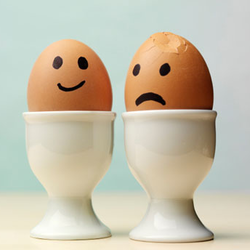 Looking back at my blogs, I could say my favorite one would be the Editorials Blog. I'm not a newspaper, magazine, book, or any kind of written work kind of person. That being said, it is obvious I don't enjoy reading that much. However, while looking up for editorials (which I thought would be a torture) I felt so intrigued by many headlines. I started clicking every title that captured my attention. I read many editorials and couldn't decide which one was my favorite. What I most enjoyed while reading them was that editorials are very easy to understand and the author expresses how he or she feels, either directly or indirectly. It's more about interpretations and critical thinking. It surprised me a lot to enjoy reading that much. After reading each editorial I felt very passionate or somehow related to the topics. On the other hand, a blog I didn't really enjoy was the research about careers one. That blog was kind of a flashback of my past goals. It made me realize how much I wanted to be a Veterinarian. I had to pushed the words out, since I couldn't find the motivation to write about my past goals.
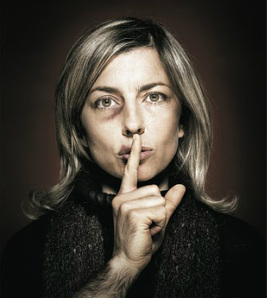 When I think of all the things that worry me about my our little island, too many issues come into mind. I always think about: - Domestic violence: statistics say every day 52 women are victim of domestic violence. In 2004 31 women were murdered as a result of domestic violence.
- Sexual assault: between the years 2005-2006 443 cases of rape and sexual assault were reported. Statistics say every 2 minutes, someone in the U.S is sexually assaulted.
- Child abuse: In Puerto Rico an average of 200 cases of child abuse are MONTHLY reported. In some cases children end up dead.
These issues are always on my mind. Now that I work in a store (can't say the name), I encounter them more frequently. The other day a pregnant woman walked into a mall with a black eye, two kids, and a shouting husband. Did anybody do anything? Nope! We just stared. I told my boyfriend we had to do something and then I realized "oh right we can't do anything because then we might get murdered just for saying something". Sadly enough that's our daily reality. We can't intervene or help anyone because we might get killed for helping. Our only source are the cops, and chances are they won't do anything either. Every day more women become victims of domestic violence. In these cases women are not the only victims, their children are also victims. Kids who grow up in abusive homes are more likely to become abusive parents, abusive husbands or victims of abusive relationships. All they've known is violence so either they copy it or stick to it (it becomes normal). Just so you have an idea of how bad is the domestic violence situation in Puerto Rico, look at the STATISTICS. Sexual assault is also a very common event on our island. In 2003, 203 forcible rapes were committed in PR. In the US there are about 207, 754 victims of sexual assault each year. The thing is not all rapes are reported. In US a 54% of sexual assaults are not reported to the police. Hundreds of females remain silent because their scared of their predator. In many cases, the predators are family members or friends. On the other hand, child abuse is increasing every year. Where I work I encounter ALMOST EVERY DAY mothers spanking their children excessively and in very violent ways. I've talked to personal about the issue and about doing something but all they say is the store doesn't become responsible for people’s personal issues. If we keep turning our heads on issues like this, chances are there going to increase more every year. More children are going to die, more women are going to get beaten, and more rapes are going to be reported. If you know or see something open your mouth at least to call the police, don't stay quiet. These issues are troubling worldwide, here are some links on global statisctics and facts:
Fiyi
"Fiyi." Almanaque Mundial 2013. 59. Mexico: Televisa Publishing International, 2013. 300-301.
This well-known vacation paradise official name is Republic of Fiji Islands. It is a tropical island country in the Pacific Ocean, comprising nine main islands and 330 islets, of which 100 are unpopulated. The two main islands are Viti Levu and Vanau Levu. Other important islands are Taveuni, Kadavu, Gau and Koro. The 88 percent of Fijian lands belong to the natives, the 4 percent to the state, and the remaining 6 percent for individuals. The most important river is the Rewa. Among the natural resources of Fiji we can find gold, copper, hydroelectric power, timber forests, and seas suitable for fishing. It is a country that counts with about 890,057 inhabitants. Its capital is called Suva, and the two official languages are English and Fijian. Something very peculiar is how the inhabitants of these islands welcome visitors with their traditional dance called meke, which adopts local stories and legends.
Fiji
Lal, Brij V. "Fiji." World Book. 2006. Vol. 7. Chicago: World Book, Inc., 2006. 97-99.
Most of the Fiji islands where formed by volcanoes. Many islets are piles of sand on top of coral reefs. However, the bigger islands have high volcanic peaks, rolling hills, rivers, and grasslands. More than half of the total area of Fiji is covered by rainforests. Fiji has a very pleasant climate, temperatures range from 60F to 90F. Between November and April, heavy rains and tropical storms are frequent. Something I found very interesting is that Fiji’s economy is based primarily on agriculture. Sugar, coconut products, and gold account for about three-fourths of Fiji’s exports. They also export timber. Another major economic activity is tourism, which also offers employment. The language used in schools in English. The law doesn’t require children to go to school. However, more than 85 percent of children attending schools. On the other hand, Fiji only has one University, The University of South Pacific in Suva.
Fiji
Cavero, J. Perez. «FIJI.» Aleixandre, Vicente, George W. Baeadly, Baruch S. Blumberg, et. al. Nueva Enciclopedia Durvan. Espaa: Grafo, S.A., Basauri (Vizcaya), 1998. 4542- 4544.
Fiji's ethnic composition consists of 48.4 percent of Fijians and 46.4 percent of natives. Autochthonous Fijians are mostly Christianized. Among the religions practiced are the Methodists (52.9%), Hindus (38.1%) and how Muslims (7.8%). The political system is a Parliamentary Republic. About half of the current population is of Hindustani, a descendant of the workforce fetched by the end of the nineteenth century of the former British India to work the sugar cane plantations. A percentage, now slightly larger, corresponds to Fijians, who are the indigenous Melanesian people, and the rest is divided among people wholly or partly European, other Pacific islanders different from Fijians and Chinese.
 Puerto Rico's Supreme Court upheld a decision from a lower court that stated that a victim of violence in an adulterous relationship was not protected by Law 54 of Domestic Violence [es]. The basis of the decision(pdf) [es], according to the opinion of judge Erick Kolthoff Caraballo (nominated by the pro-statehood Republican governor Luis Fortuño), is that the law's intention is to protect family unity, and therefore, adulterous relationships are outside the purview of the law. On February 18 of 2013 a protest was held. Two groups, religious representatives and the gay community were protesting on whether the Law 54 should be amended or not. The organization Puerto Rico for All demanded the governor Luis Fortuño that when amending Law 54, he included couples composed of members of the lesbian, gay, bisexual and transgender (LGBT). The Law of domestic violence protects ONLY those victims that are legally married. Legal marriage in Puerto Rico consists of a woman and a man. Having said that, any homosexual couple or heterosexual couple living together (not officially married) are excluded from the protection offered by the Law 54. That is why the gay community is protesting in favor of amending the law. There arguments are that it is unconstitutional to protect an individual according to their sexual orientation, gender, or marital status. They also argue that in Puerto Rico we have many diverse families and they should be valued and respected as any other family unit. On the other hand, the religious representatives argue that they are not opposed to the Law protecting each individual regardless of their sexual orientation, BUT they believe that the proposed measures routed the state to legalize marriage between people of the same gender, which they oppose. They argue that by God's law, marriage only consists of a woman and a man, and by amending Law 54 they would change the family unit. This is a very complicated situation. It may seem simply but it's not. Amending Law 54 by the measures proposed by the LGTB community doesn't really suggest protecting individuals ONLY, it suggests protecting gay couples in general. That means, that gay marriage would have to be recognized as legal and so forth their family unit. It also means promoting heterosexual couples the "living together" rather that the "let's get married". I'm not against homosexuals, or their protection, but I'm not in favor of recognizing gay marriage as legal. I support the religious representatives when they say it would change the family unit. Changing the family unit would mean telling children it is normal to be in love with a person of their same sex, or that it's normal having two moms or two dads, or a dad that looks like a woman or vice versa. People seem to think that this wouldn't affect a child's sexual orientation development, but it would. Kids learn and imitate many behaviors from adults. They use us as their personal guides. If a teacher educates first graders that being in love with a person of your same sex it's ok, this will open their curiosity into thinking "well do I like girls or do I like boys?". It will get them confused and promote the induced exploration of sexuality at early stages. I'm not saying that a boy who has two dads is going to be gay, it's not that. I'm talking about the changed education that will have to be provided to children so that they understand the diverse family unit. Who knows, maybe I'm wrong and everything stays the same. But I personally think that a marriage is or should be composed of a woman and a man. Even human anatomy speaks for itself; our bodies are made for one another to create another human being. In general, my views on marriage and coexistence are very conservative. However, I don't think that there should be exclusion when it comes to protection. I think Law 54 SHOULD BE AMENDED, but not by the measures proposed. It should not recognize gay marriage or LGTB partners as couples. It should be rewritten and state that any individual is to be protected against domestic violence. It is not necessary to mention married couples, JUST INDIVIDUALS. After all, getting beat up or sexually assaulted (which is considered domestic violence) doesn't require being married. Santiago, Cesar. "Puerto Rico: Controversial Decision on Domestic Violence." English Global Voices. N.p., 3 Apr. 2011. Web. <http://globalvoicesonline.org/2011/04/03/puerto-rico-controversial-decision-on-domestic-violence/>. http://www.elnuevodia.com/milesprotestanencontradeenmiendasqueprotegenalacomunidadlgbtt-1451294.htmlhttp://www.wapa.tv/noticias/primeraplana/exigen-que-ley-54-cubra-a-los-gays_20110326132322.html
|



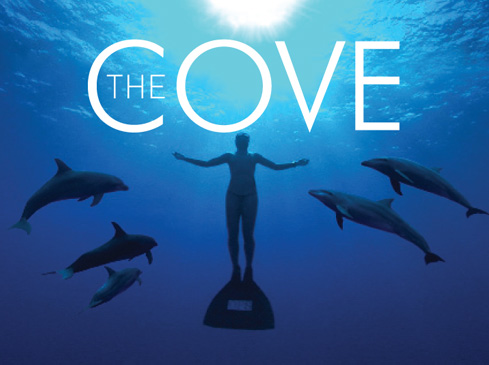
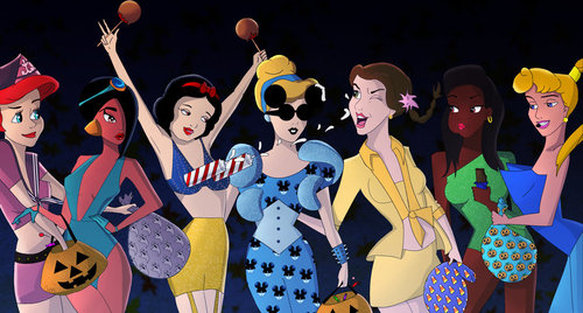
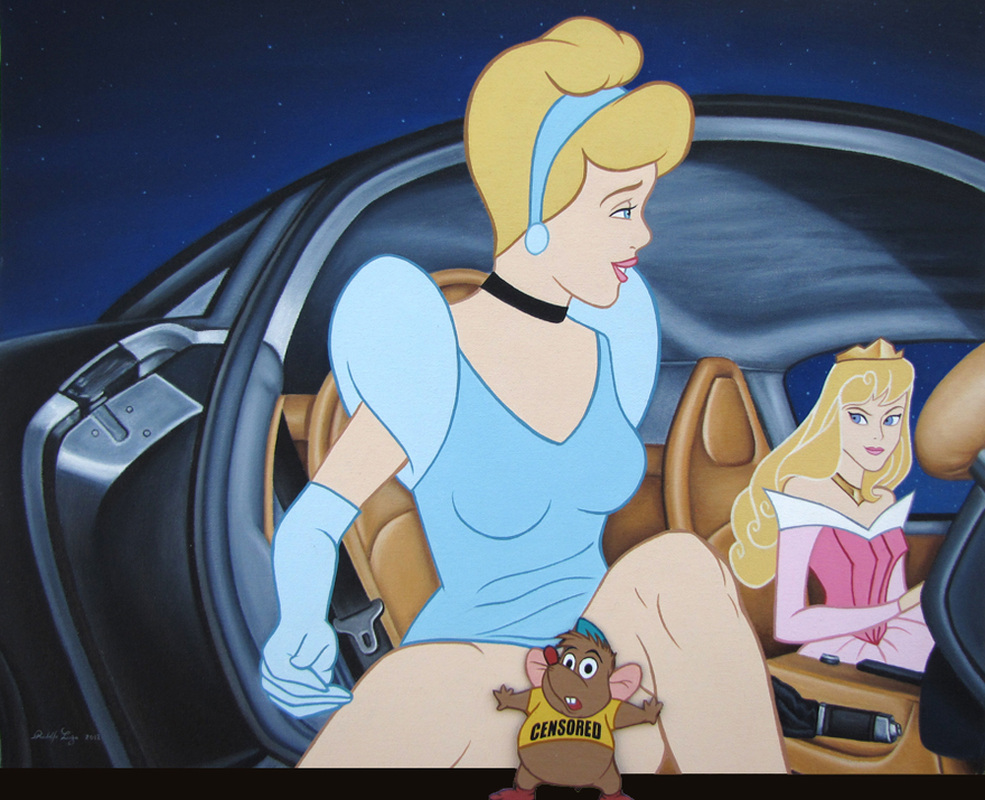
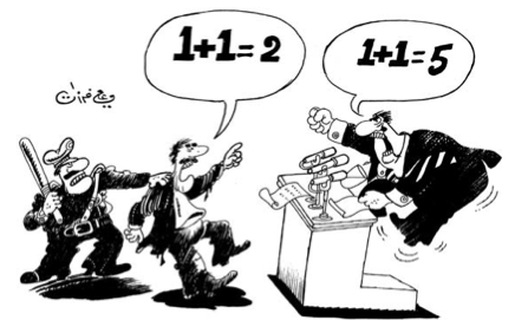
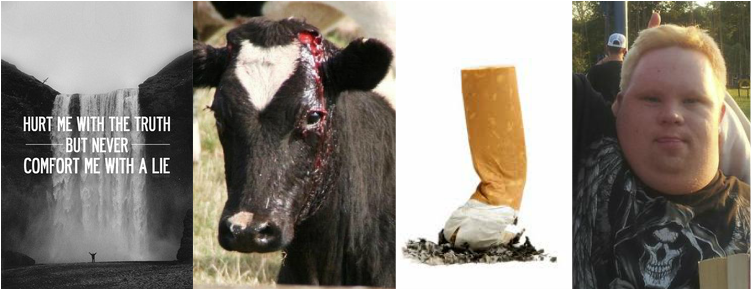





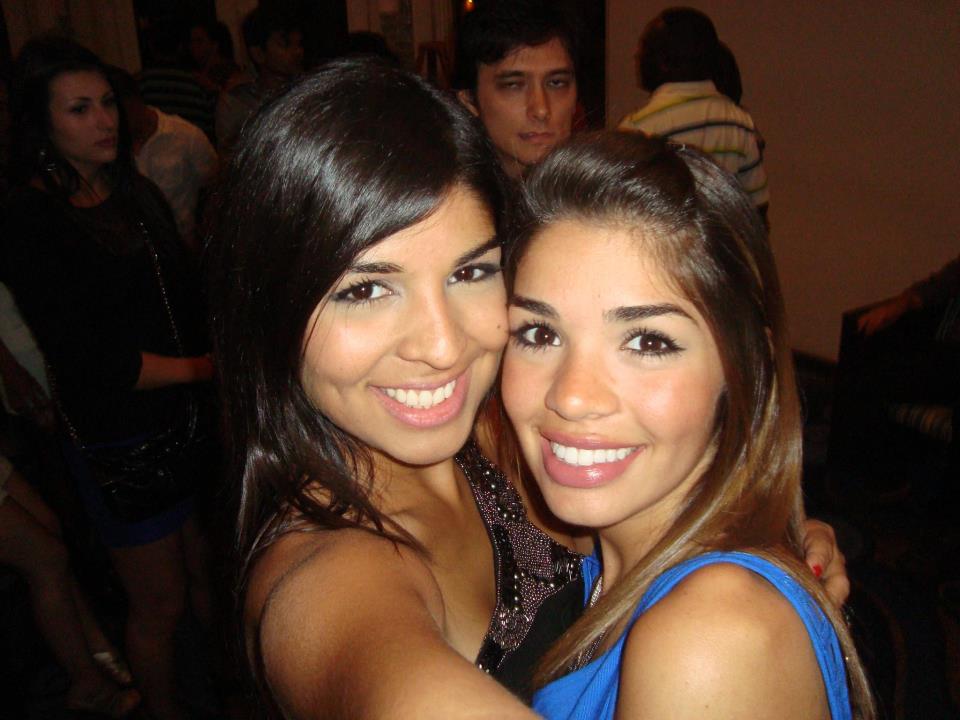
 RSS Feed
RSS Feed